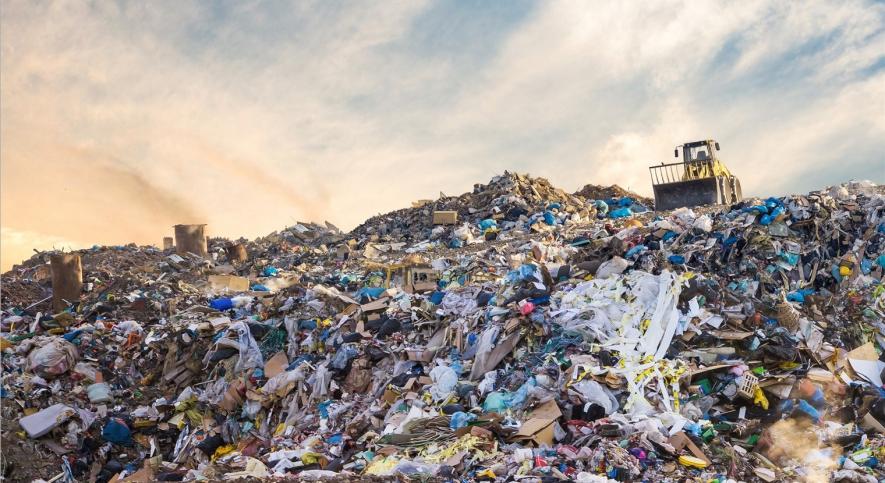Eating Credit Card’s Worth of Plastic Each Week? A Wake Up Call For Polluting Countries

“These findings must serve as a wake-up call to governments.” This was the response of Marco Lambertini, director general of World Wildlife Fund International, which commissioned a report on the ingestion of microplastics by people.
The report, named No Plastic in Nature: Assessing Plastic Ingestion from Nature to People, found that the average person could be unknowingly ingesting 2000 tiny pieces of plastic every week which is equivalent to a credit card. The study, released on Wednesday, June 12, combines data from over 50 studies on the ingestion of microplastics, which are plastic particles under five millimeters in size.
According to the report, the most contaminated source is drinking water, from bottles and the tap. Other foods with highest plastic levels include shellfish, beer and salt.
Different Countries, Different Ingestion Patterns
Demonstrating a wide range in ingestion patterns, the study suggested that 94.4% of tap water samples in United States contained plastic fibres, with an average of 9.6 fibres per litre. In comparison to that, Indian water is less polluted with fibres showing up in 82.4% of tap water samples, and 8 fibres per litre.
Also read: The Plastics Crisis
The report insisted the numbers were on the conservative side due to the “lack of data available on crucial metrics, such as weight and size distribution of microplastics in natural environments, and the varying quality of data collected”.
Increasing Plastic Use and Limited Recycling
The numbers call for global action which is urgent in tackling the crisis of plastic pollution. The study contends that since 2000, the world has produced as much plastic as all the preceding years combined.
The U.S. alone produces a whopping 37.83 million tons of plastic litter each year, with the daily plastic waste per person per day being .34 kilograms, about 12 ounces a day.
Compare that to a third world country, Mexico, which produces 3.73 million tons of plastic each year. No less number in terms of plastic generation but certainly, a comparison does allow us to hold the high income countries accountable for their contribution to this crisis.
More than 75% of all plastics end up as waste, added the study, and the contribution of the West doesn’t just stop at the level of consumption.
The Western countries engage in a controversial international trade of scrap plastics through which plastic waste – in humongous quantity – becomes the responsibility of the communities in third world nations.
On May 28, 2019, Malaysia’s environment minister had to announce that the country was sending 3,000 metric tons of contaminated plastic wastes back to their countries of origin, including the United States, Canada, Australia and the United Kingdom.
In 2016, a Philippines court declared the import of 2,400 tonnes of Canadian waste, mislabelled as plastics for recycling, illegal.
Last month, at the United Nations, 187 countries took a major step forward in curbing the plastic waste crisis by adding plastic to the Basel Convention, a treaty that controls hazardous waste dumping on communities in Africa, and Asia.
Yet, even amid the support by majority of countries to the new provision, there were a few “vocal outliers”, including – no prizes for guessing – United States.
So, while we do need studies that call for global attention towards the dangerous environmental crisis and we certainly need reports that serve as wake up calls for the governments, what we really need is to hold the rich countries and their lifestyle accountable for being the prime contributors to this calamity. If not, then the United States along with other developed nations will continue to dump the locally produced plastic waste on developing countries.
Also read: ‘Fast-Fashion Harming Planet More Than Aviation, Shipping Put Together’
Get the latest reports & analysis with people's perspective on Protests, movements & deep analytical videos, discussions of the current affairs in your Telegram app. Subscribe to NewsClick's Telegram channel & get Real-Time updates on stories, as they get published on our website.
























